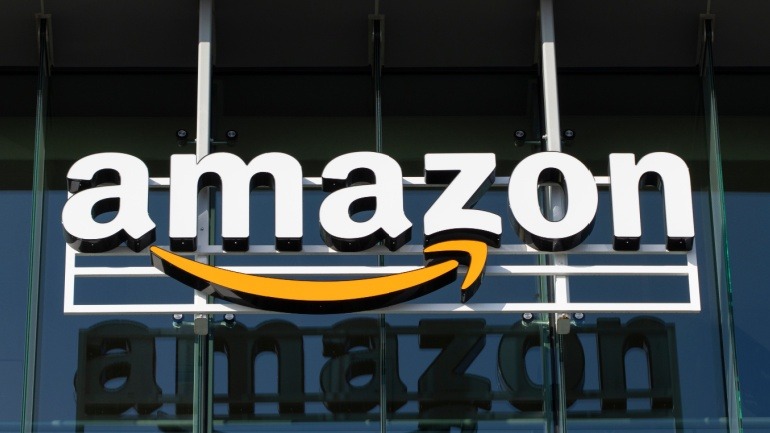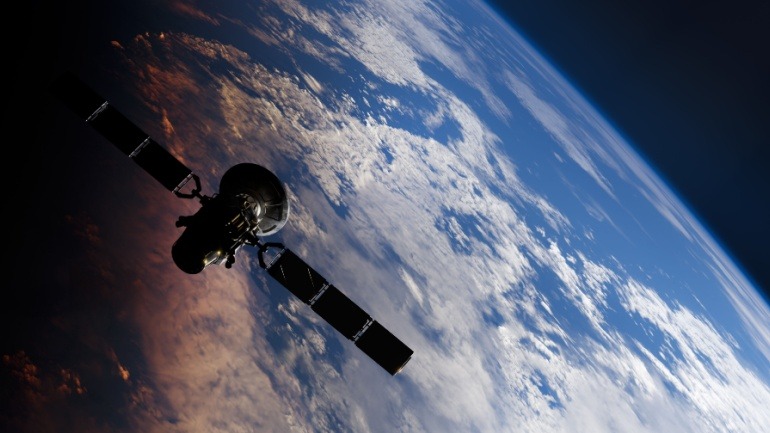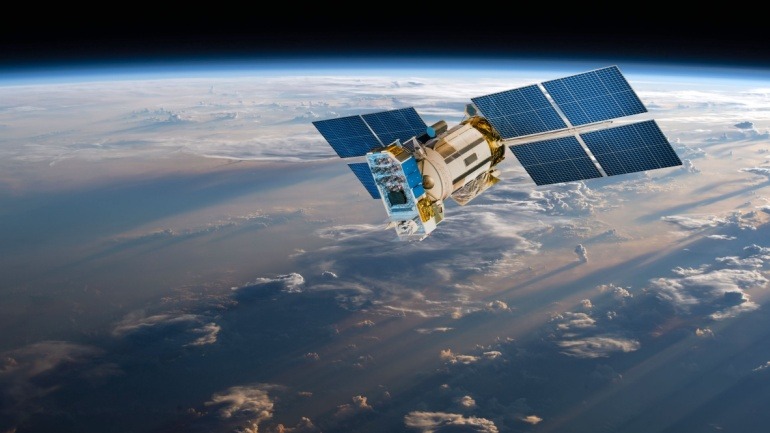Amazon has launched its first 27 satellites for Project Kuiper, marking its entry into the satellite internet race against SpaceX’s Starlink. Aiming to deliver fast internet to remote areas, Amazon plans to deploy over 3,200 satellites and begin service by late 2025 while addressing concerns like light pollution and regulatory challenges.
Amazon’s Project Kuiper is on the cusp of launching its first major batch of satellites, marking a significant step toward global satellite broadband. Scheduled for April 9th, the KA-01 mission will deploy 27 satellites, advancing Amazon’s venture into offering low-latency internet worldwide.
Project Kuiper by Amazon is poised to revolutionize the broadband landscape with its Low Earth Orbit (LEO) satellite launch, directly challenging Starlink. With over 3,200 satellites and telecom partnerships, Kuiper promises high-speed, low-latency internet worldwide. This development is a significant contender in the growing LEO broadband market.
The UK space sector sees intense competition as Amazon’s Project Kuiper lands a significant £670,000 contract with the Ministry of Defence. This strategic move explores using “translator” satellites for seamless communication across military, governmental, and private networks.
The UK telecommunications regulator, Ofcom, has granted a crucial licence to Amazon Kuiper satellite constellation. This move aims to enhance satellite internet services across the UK, especially in rural areas.
Amazon has inaugurated a new facility in Kirkland, Washington, dedicated to the production of satellites for its Project Kuiper. This project aims to establish a constellation of low Earth orbit (LEO) satellites to provide internet connectivity.
Amazon’s Project Kuiper has entered into an agreement to offer low Earth orbit (LEO) satellite services across seven Latin American countries. This distribution deal with Vrio, the parent company of DirecTV Latin America and Sky Brasil, will see high-speed Internet services provided to Argentina, Brazil, Chile, Uruguay, Peru, Ecuador, and Colombia.
In a groundbreaking development, Project Kuiper has revealed the successful testing of advanced optical communications payloads on its prototype satellites, KuiperSat-1 and KuiperSat-2. The optical inter-satellite link (OISL) capabilities, previously kept confidential, demonstrated the ability to maintain 100 Gbps links over a distance of nearly 621 miles during testing in October.
Nippon Telegraph and Telephone Corporation (NTT), NTT DOCOMO, and SKY Perfect JSAT join forces with Amazon’s Project Kuiper to turbocharge Japan’s telecom services. The partnership seeks to leverage Project Kuiper’s Low Earth Orbit (LEO) satellite broadband network, offering a breadth of connectivity to enterprises and government entities despite the nation’s geographical challenges. The strategic emphasis is on utilizing Kuiper’s capabilities for redundant communication networks, covering even hard-to-reach locations ramping up continuity of services after emergencies and natural disasters.
Amazon’s Project Kuiper, which birthed two prototype satellites aimed to test potential satellite broadband service, operates similarly to Space-X’s Starlink and OneWeb. The venture is set to increase internet connectivity in remote areas using an extensive satellite constellation. Still, the delay in launching has welcomed accumulating competition. Rabid advancements by competitors including satellite direct-to-device technology pioneers and those concentrating on 5G NTN IoT services could tilt the scales. Would adopting the 5G NTN-compatible network give Project Kuiper a competitive edge? Or will the ongoing innovations by industry leaders overshadow it? However, underlying operational challenges and time constraints might hamper Amazon from contemplating a substantial shift in direction.













